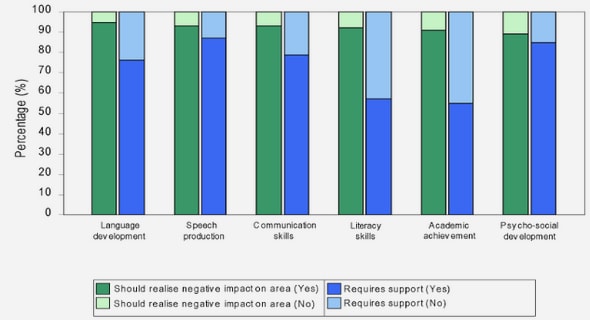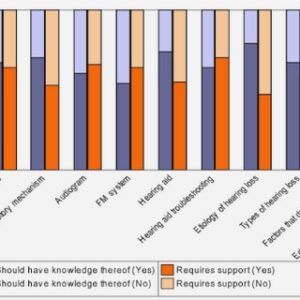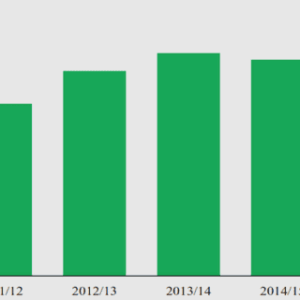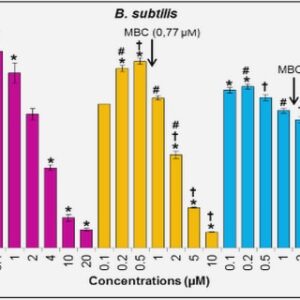(Downloads - 0)
For more info about our services contact : help@bestpfe.com
Table of contents
1Stress
1.1 The concept of stress
1.1.1 The stress response as a complex system
1.1.2 Stress response: from adaptation to disease
1.2 HPA axis and the glucocorticoids
1.2.1 Regulation of the HPA axis
1.2.2 Negative feedback regulation of the HPA axis
1.2.3 Glucocorticoid synthesis
1.2.4 Glucocorticoid Metabolism
1.2.5 Glucocorticoid receptors and genomic responses
1.2.6 Non-genomic effects of glucocorticoids
1.2.7 Circadian and ultradian influences on the HPA axis
1.2.7.1 Effects of glucocorticoid pulsatility in the brain
1.2.8 The actions of glucocorticoids
1.2.8.1 Actions on growth and development
1.2.8.2 Actions on the immune and inflammatory responses
1.2.8.3 Actions on the metabolism
1.2.8.3.1 The impact of chronic stress on body weight
1.2.8.4 Actions on the central nervous system
1.2.8.4.1 Glucocorticoids and mood regulation
1.2.8.4.2 Glucocorticoids and memory
1.2.9 Variability in the HPA axis responses
1.2.9.1 Sex and gender
1.2.9.2 Genetic factors
1.2.10 Animal models of HPA axis alterations
1.2.10.1 CRH and CHR receptor
1.2.10.2 AVP and AVP receptor
1.2.10.3 ACTH receptor
1.2.10.4 Mineralocorticoid and glucocorticoid receptors
1.2.10.5 11-β-hydroxysteroid dehydrogenases
1.3 Corticosteroid binding globulin (CBG) or transcortin
1.3.1 Structure
1.3.2 Biosynthesis
1.3.3 Glycosylation
1.3.4 Clearance
1.3.5 Binding specificity
1.3.6 Binding dynamics
1.3.7 Interaction with cellular membranes
1.3.8 Variability of CBG levels
1.3.8.1 Variability among species
1.3.8.2 Physiological variability
1.3.8.3 Sexual dimorphism
1.3.8.4 Circadian variability
1.3.8.5 Changes in response to stress
1.3.8.6 CBG alterations during disease
1.3.8.7 Genetic variants and polymorphisms
1.3.8.7.1 In animal models
1.3.8.7.2 In humans
1.3.8.7.3 The Cbg ko mouse: a model of CBG dysfunction
OBJECTIVES
STUDY I – ROLE OF CORTICOSTEROID BINDING GLOBULIN IN EMOTIONAL REACTIVITY SEX DIFFERENCES IN MICE
Introduction
Article
Complementary studies
STUDY II – CHRONIC STRESS DOES NOT FURTHER EXACERBATE THE ABNORMAL PSYCHONEUROENDOCRINE PHENOTYPE OF CBG-DEFICIENT MALE MICE
Introduction
Article
Complementary studies
STUDY III – CBG DEFICIENCY SPECIFICALLY IMPAIRS HIPPOCAMPUS-DEPENDENT MEMORY CONSOLIDATION IN MALE MICE
Article (under preparation)
Complementary studies
STUDY IV – BEHAVIORAL AND METABOLIC CONSEQUENCES OF CBG DEFICIENCY ON MALE MICE SUBMITTED TO HIGH-FAT DIET COMBINED TO CHRONIC MILD STRESS
Introduction
Article (under preparation)
Conclusions
REFERENCES



